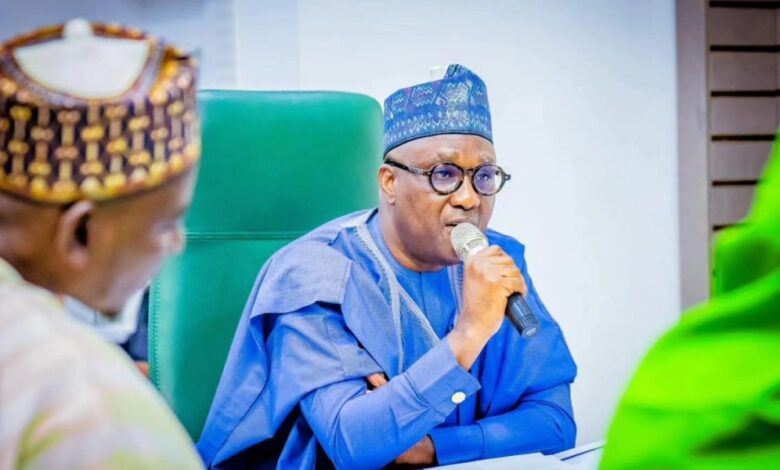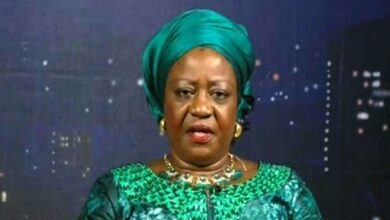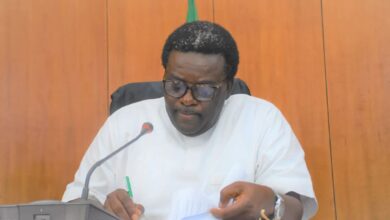JUST IN: Nigeria’s debt alarming, we must reject reckless borrowing – Abbas

Speaker of the House of Representatives, Abbas Tajudeen, has sounded the alarm over Nigeria’s soaring debt profile, warning that it has exceeded the statutory threshold and now poses a serious threat to fiscal sustainability.
While speaking on Monday at the 11th Annual Conference and General Assembly of the West Africa Association of Public Accounts Committees (WAAPAC) in Abuja, Tajudeen described the situation as “critical” and urged immediate reforms in borrowing practices and oversight mechanisms.
Tajudeen revealed that as of Q1 2025, Nigeria’s total public debt had skyrocketed to ₦149.39 trillion (approximately $97 billion), a sharp increase from ₦121.7 trillion the previous year.
He highlighted the alarming debt-to-GDP ratio of 52%, far exceeding the statutory ceiling of 40% mandated by Nigerian law.
This breach, he said, signals a severe strain on fiscal sustainability, with dire consequences for economic stability.
The Speaker stressed the need for stronger oversight, transparent borrowing practices, and a commitment to ensure borrowed funds deliver measurable economic and social benefits.
“Borrowing should be targeted at critical infrastructure, health, education, and industries that create jobs and reduce poverty,” Tajudeen stated, warning against reckless borrowing that feeds consumption or corruption.
He stressed that parliamentary oversight must focus not only on numbers but on the lives impacted by those figures.
To tackle Nigeria’s fiscal risks and foster regional cooperation, Tajudeen announced Nigeria’s readiness to lead the establishment of a West African Parliamentary Debt Oversight Framework under WAAPAC.
This initiative will harmonize debt reporting across the sub-region, set transparency standards, and equip parliaments with timely data to scrutinize borrowing practices.
Additionally, Tajudeen disclosed plans for a regional capacity-building programme aimed at training Public Accounts and Finance Committees in modern tools for debt sustainability analysis and fiscal risk management.
Tajudeen reiterated the 10th House’s dedication to fiscal accountability, stating that under its Open Parliament policy, major borrowing proposals would undergo public hearings, and simplified debt reports would be made accessible to citizens.
The WAAPAC conference, which brings together parliamentarians, development partners, and financial experts, is centered around the theme: “Strengthening Parliamentary Oversight of Public Debt: The Role of Finance and Public Accounts Committees.”
Tajudeen urged participants to approach deliberations with seriousness, emphasizing that the resolutions from the gathering could strengthen fiscal responsibility and accountability across Africa.
Post Views: 10





